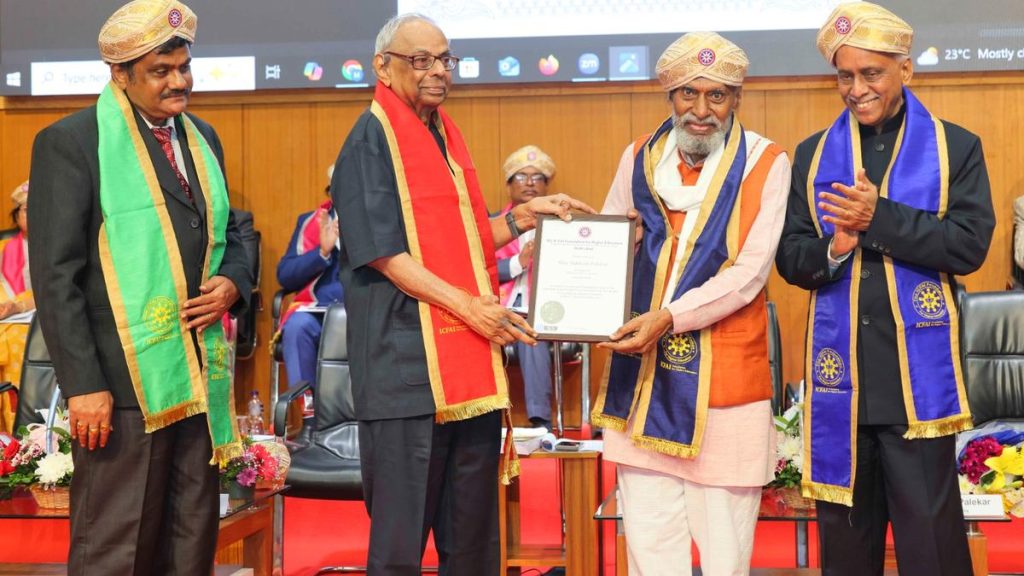Now Reading: Boosting Rural Enterprises: Proposal for Incubator Network Development
-
01
Boosting Rural Enterprises: Proposal for Incubator Network Development
Boosting Rural Enterprises: Proposal for Incubator Network Development

Rapid summary
- Workshop on Rural Enterprise Incubators: A national workshop was held focusing on the expansion of incubators across India too address challenges in finance,technology,capacity building,and market linkages for rural enterprises.
- Localized Approach Emphasized: Swati sharma (Joint Secretary, National Rural livelihoods Mission) mentioned that centralizing incubation programs in state capitals is insufficient; broader collaboration with private sector entities, academic institutions beyond IIMs/IITs, and start-ups is required.
- challenges Identified: Key issues include lack of accessible capital for rural entrepreneurs, absence of knowledgeable credit officials for community businesses, high credit costs, need for scaling entrepreneurial ventures responsibly while preventing exploitation of nano entrepreneurs. Suggestions included forming intermediary aggregators and non-farm collectives to diversify risks and explore blended financing methods.
- Results from Pilot Programme: The pilot incubation program across four states created 2.6 jobs per enterprise and generated ₹244 crore in revenue thru 450 enterprises. Employment was provided to over 13,000 women; 59 enterprises achieved turnovers exceeding ₹1 crore.
- Beneficiaries’ Success Stories: Two SHG beneficiaries from West Bengal reported revenue growth from ₹75 lakh to ₹2.5 crore over three years due to increased local demand.
- State Innovations:
– Assam SRLM helped prepare business plans and expand markets beyond regions.
– Karnataka SRLM proposed expanding programs to non-participant entrepreneurs.
Indian Opinion Analysis
The focus on developing a localized network of rural enterprise incubators marks an critically important step toward strengthening India’s grassroots economy.By acknowledging that a “one-size-fits-all” strategy cannot work in diverse rural contexts-and advocating partnerships with private sector players-this approach could improve financial accessibility and market connections while minimizing regional inequalities.
Key findings from the pilot program demonstrate significant impacts-creating jobs (especially for women) alongside substantial revenue generation-but scalability remains critical as highlighted by Karnataka’s proposal for broader inclusion. Financing issues like high credit costs must be resolved comprehensively through intermediary efforts or innovative solutions like blended financing models.
This initiative holds potential not only as an economic upliftment measure but also as a societal one since it focuses heavily on empowering women-led entrepreneurship at scale-a crucial aspect amid ongoing debates about gender inclusivity in India’s workforce development strategies.
Read more here: [Link Placeholder]

























